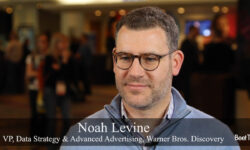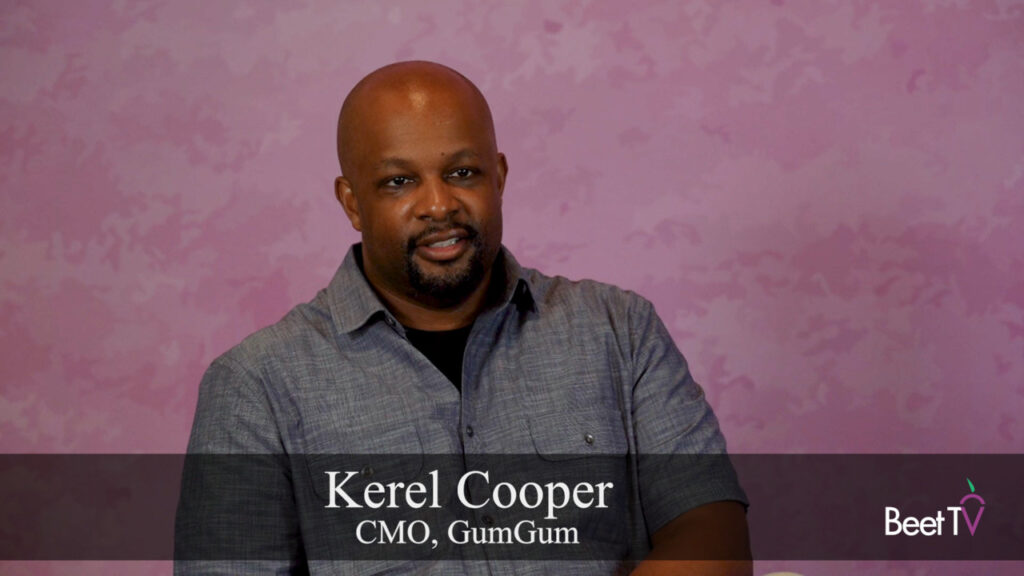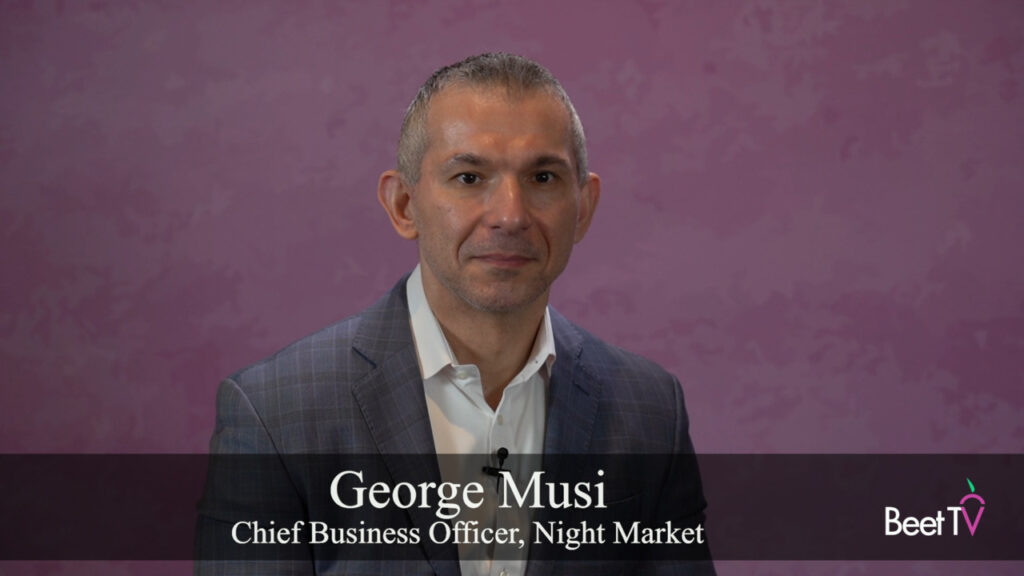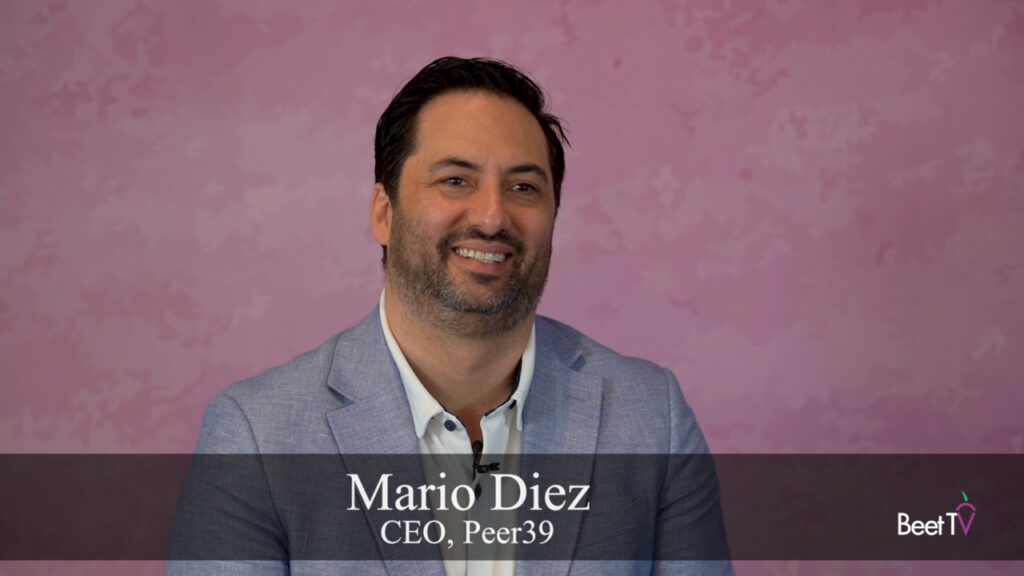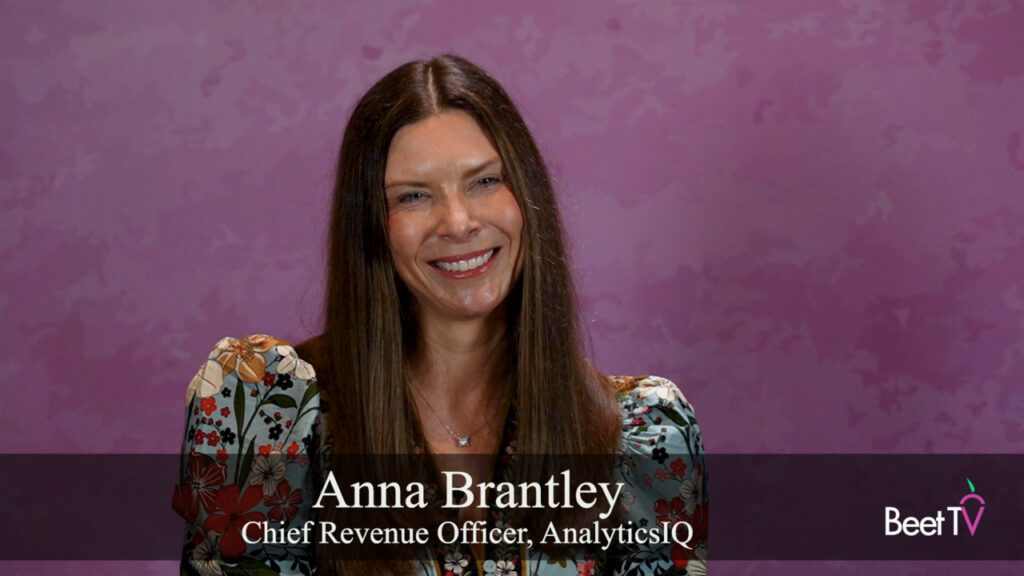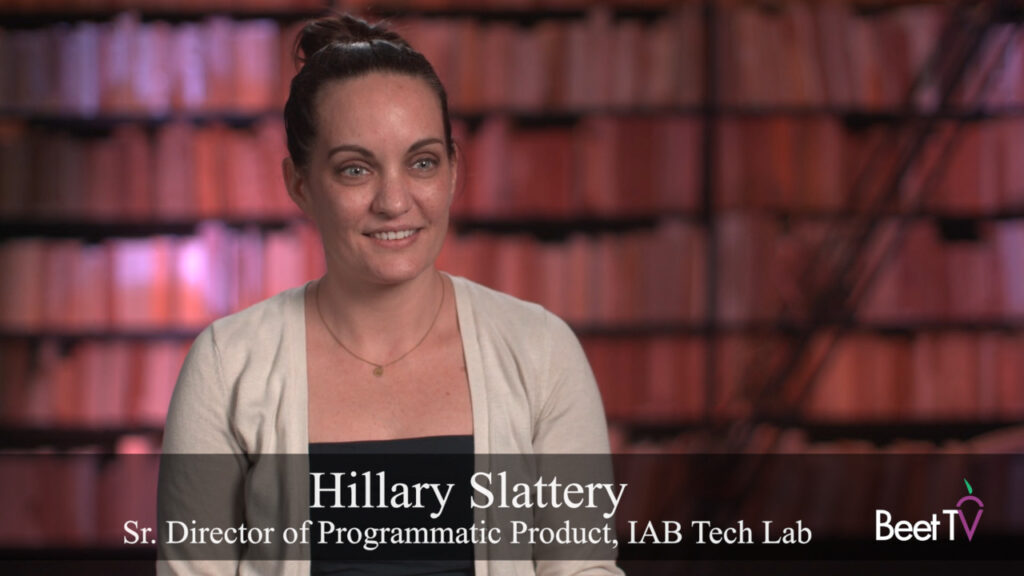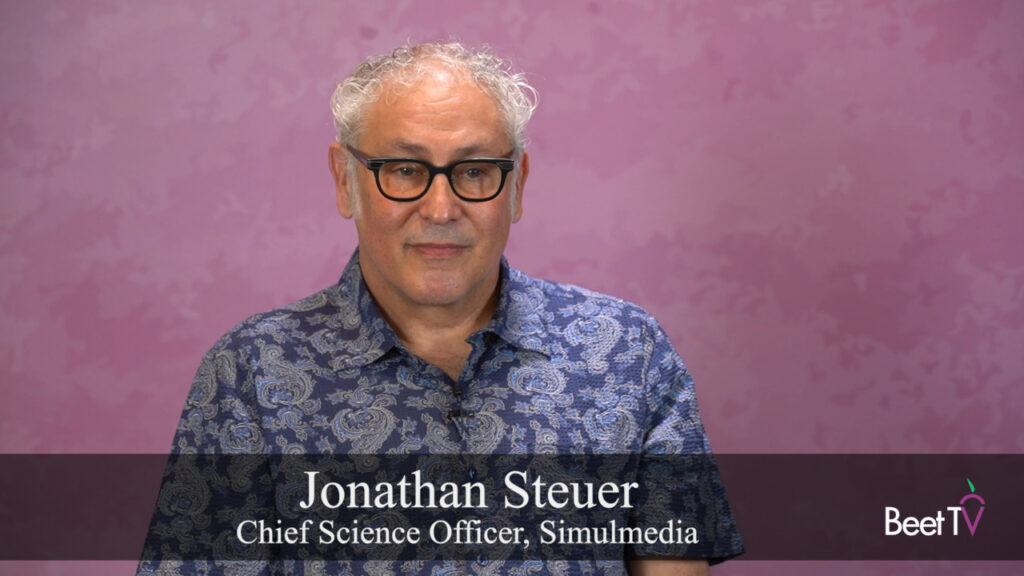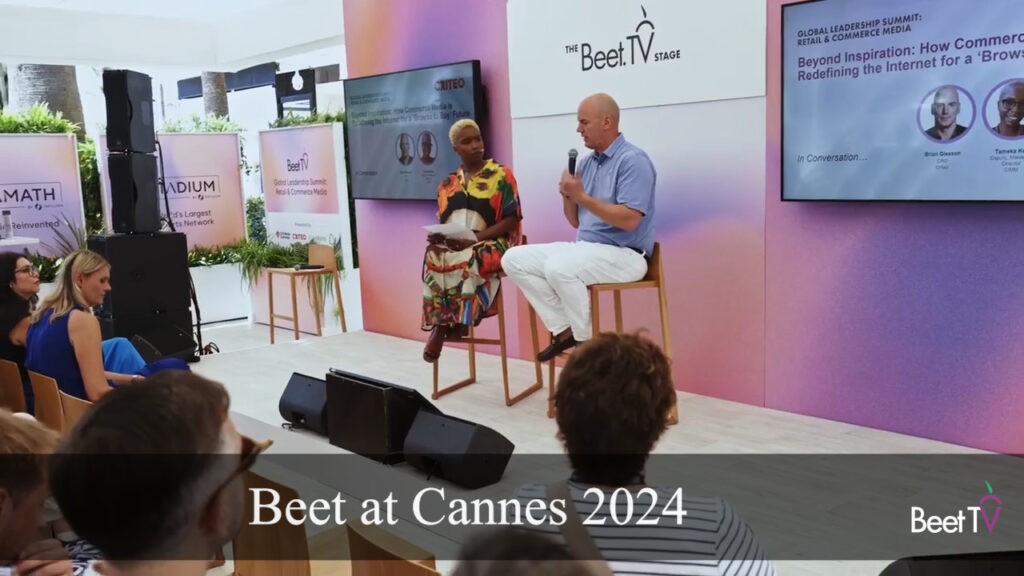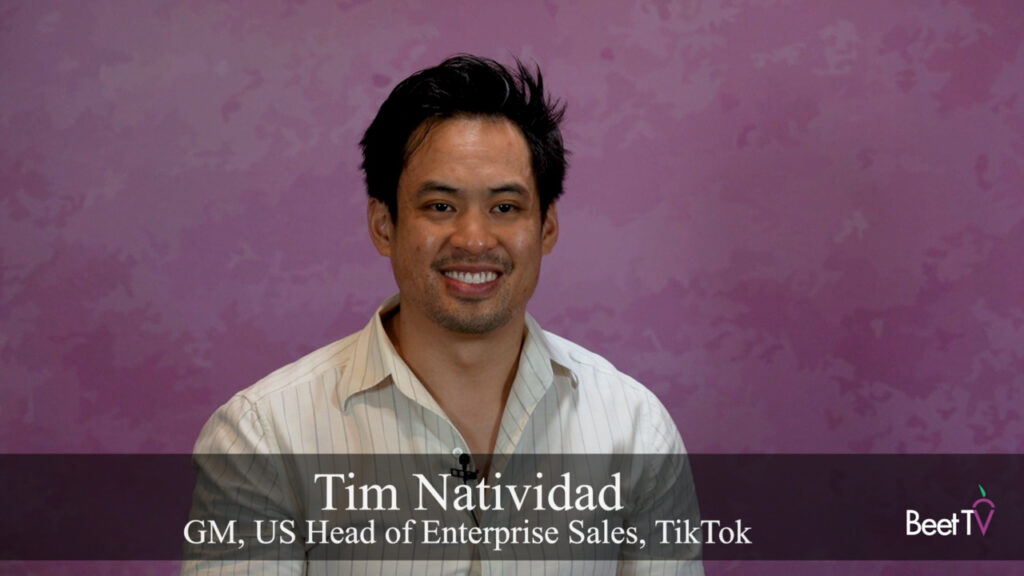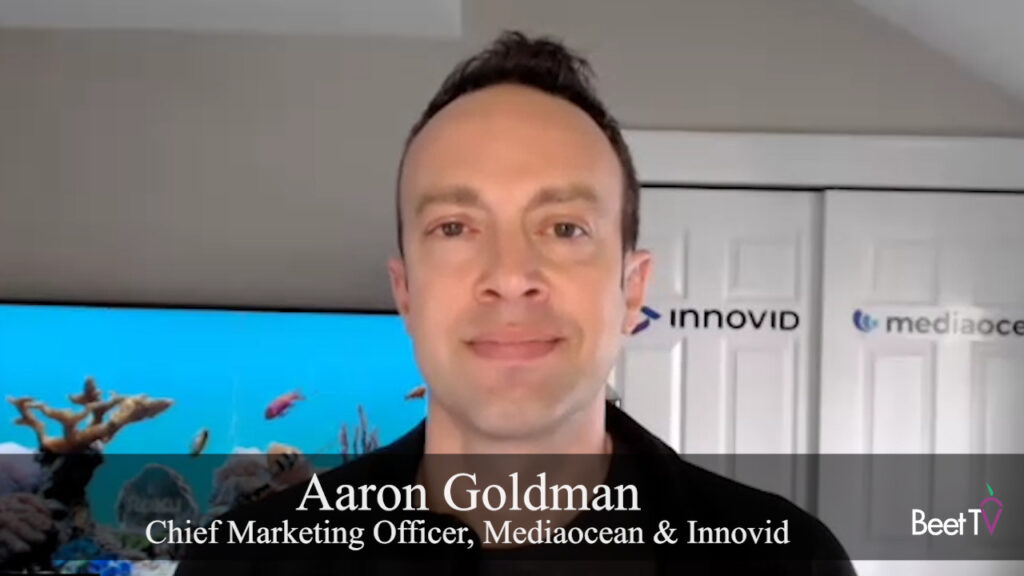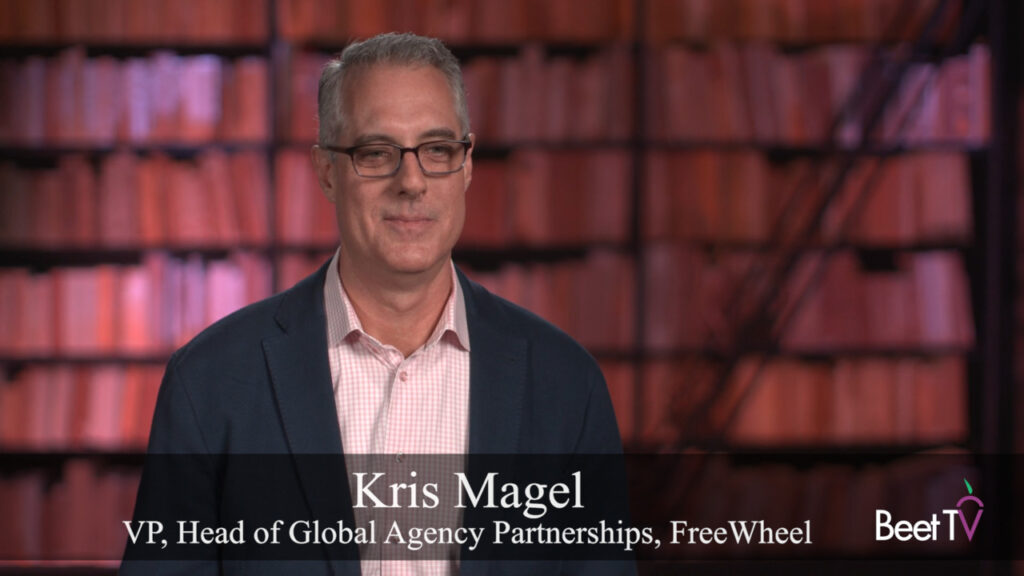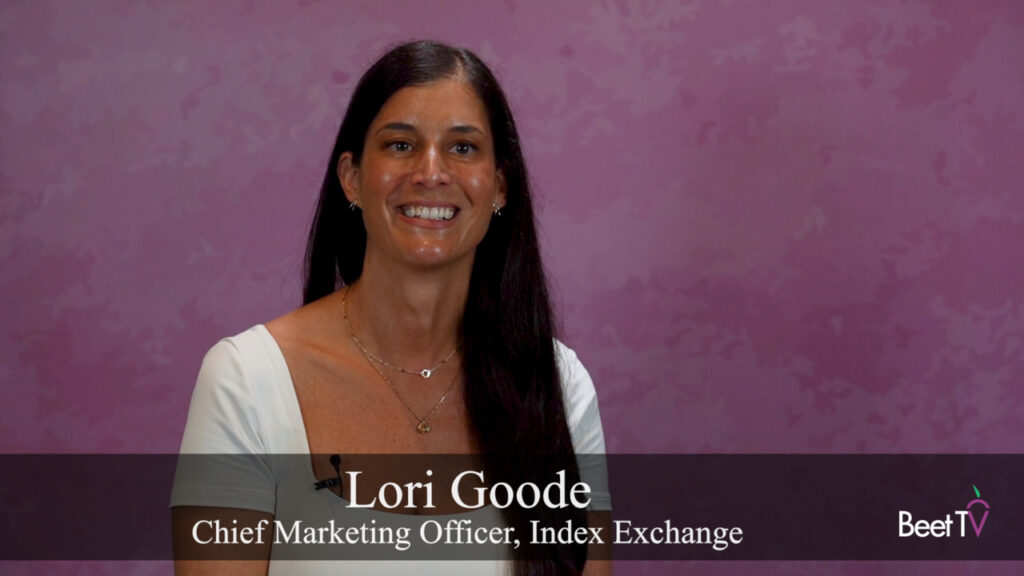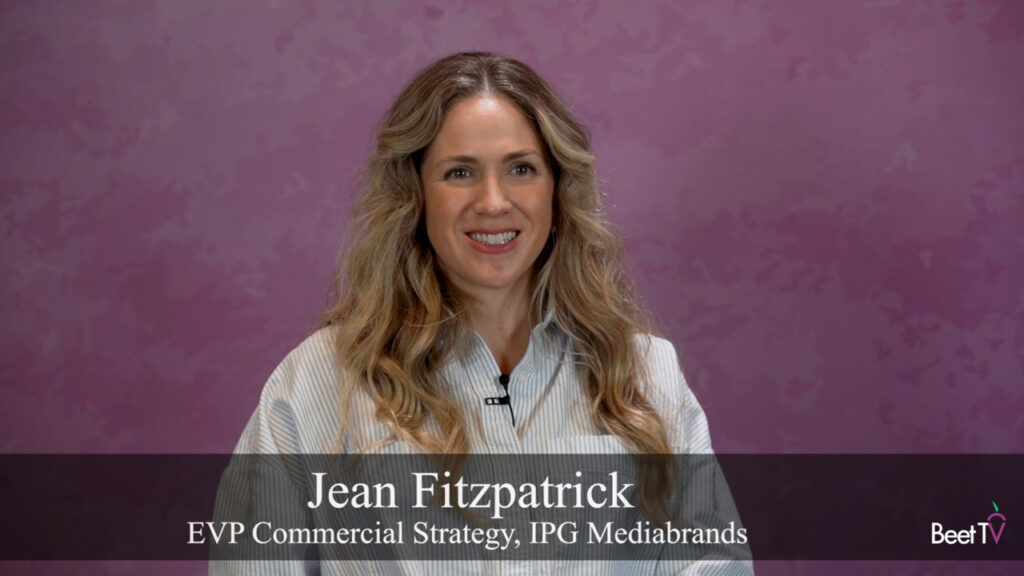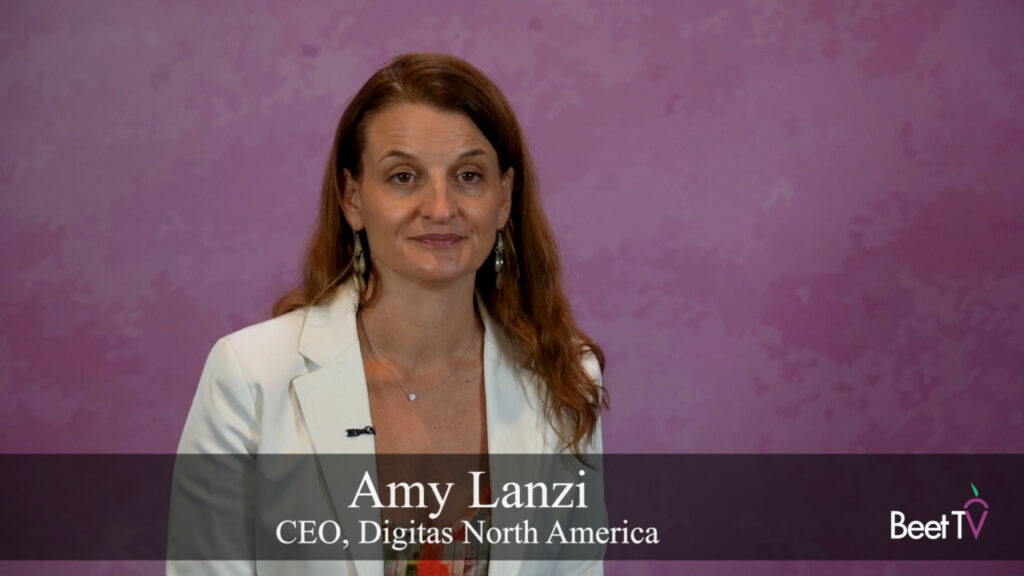LAS VEGAS – Alphabet Inc.’s Google this year began its long-publicized effort to give people more control of their online privacy by limiting the use of tracking cookies in its popular Chrome browser. Advertising agencies are working to help their clientele adapt to the loss of a key signal of consumer behavior.
“The first thing that marketers need to understand and recognize is that there’s not going to be a single path to precision post-cookie. There’s not a silver bullet,” Brian DeCicco, North America chief data strategy and analytics officer at WPP’s Mindshare, said in this interview at CES 2024.
Cookies are small text files that websites store on browsers to track online activity and preferences. Some people have criticized them for being intrusive or annoying as they can affect data privacy and browsing experiences. In response, technology companies such as Apple, Google and Microsoft have worked to provide more privacy protections.

DeCicco said that collecting first-party data directly from customers isn’t the only way that brands can cope with the loss of tracking cookies and device identifiers. Artificial intelligence and identifiers that protect people’s privacy are key tools in adapting to the cookieless environment.
“We really talk about a future where data diversity, data collaboration and data science with the power of AI and privacy-enhancing technologies as really being that recipe, not just data collection,” DeCicco said. “What we’re telling our clients to do is look at testing new contextual signals, things that maybe weren’t looked at with the same kind of lens as they could now.”
Contextual signals are an important data resource, and can include information about weather patterns, geographic location, sales data, market share and brand affinities to help define audience groups and the methods to reach them.
“We’re asking our clients to do is think about new analytical data frameworks: things that aren’t people based or aren’t cookie-based, but linking and anchoring data around location, around time, around geography,” DeCicco said. “That allows us to create a data model that we can use to inform everything that we do from media to creative to channel planning to business planning.”
You’re watching “Preparing For The End of Third-Party Cookies,” a Beet.TV Leadership Series produced at CES 2024, presented by TripleLift. For more videos from this series, please visit this page.
















